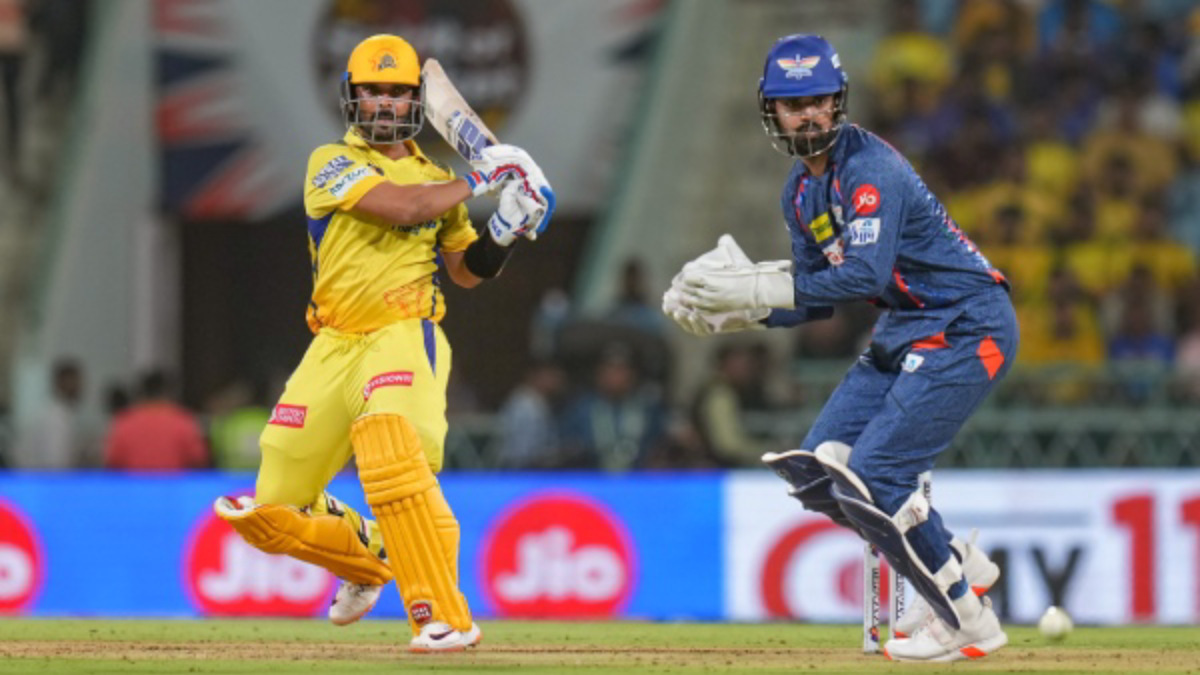Russia's Putin warns US over missile treaty
NOVO-OGARYOVO, Russia, Oct 12 (Reuters) Russia warned today it may quit a treaty on intermediate nuclear missiles, a move that could strengthen Moscow's hand in broader wrangling with the United States over security.
Russian President Vladimir Putin told visiting US officials it would be ''difficult'' for Russia to stay in the 1987 US-Russian Intermediate-Range Nuclear Forces Treaty (INF) unless it was expanded to put limits on other countries.
Putin also urged US Secretary of State Condoleezza Rice and Defense Secretary Robert Gates not to rush ahead with a plan to locate elements of a missile defence shield in eastern Europe.
Russia says the shield threatens its security.
Russia has already alarmed some in the West by saying it will suspend compliance with another Cold War-era pact, the Conventional Forces in Europe (CFE) treaty, because of disagreements with NATO.
Some Western policy-makers have warned of a return to Cold War tensions as Russia seeks to restore its military might, causing friction with the West.
Putin, who met Rice and Gates at his residence just outside Moscow, said other states should be brought into the INF pact.
''If we are unable to attain such a goal ... it will be difficult for us to keep within the framework of the treaty in a situation when other countries do develop such weapons systems, and among those are countries in our near vicinity.'' On the missile shield, Putin said: ''We hope that in the process of such complex and multifaceted talks, you will not be forcing forward your relations with the Eastern European countries.'' The INF treaty bars both Russia and the United States from deploying intermediate-range missiles.
Russia says that leaves it unable to adequately protect itself from countries on its eastern and southern borders, including Iran, India and Pakistan, with growing arsenals.
Simon Saradzhyan, an independent analyst in Moscow, said threatening to withdraw from the treaty would also strengthen Russia's hand in strategic talks with the United States.
BARGAINING CHIP ''In the short-term this is a bargaining chip in the negotiations on the broader agenda of arms control, including whether the START treaty will be extended and the future of the CFE treaty,'' said Simon Saradzhyan, an independent security analyst in Moscow.
''In the medium term Russia would like to have more adequate tools in its tool box for the deterrence of its neighbours, which unlike Russia have a free hand in acquiring medium-range conventional missiles.'' The START treaty, on strategic nuclear weapons, expires in 2009.
Washington say it does not plan to extend it, prompting Russian concerns about what will replace it.
Rice and Gates had to wait for several minutes for Putin to arrive at their meeting. In her opening remarks, Rice said she and Gates were in Russia to ''find ways to cooperate for the common good.'' ''That which unites us, in trying to deal with the threats of terrorism, of proliferation, are much greater than the issues that divide us,'' she said.
Rice and Gates spoke to Putin before starting ''2+2'' talks with their Russian counterparts which are aimed at airing differences over the missile shield but which are also expected to touch on disagreements over Iran's nuclear programme.
Asked
by
reporters
on
the
fringes
of
the
Putin
talks
if
he
expected
a
breakthrough,
Russian
Foreign
Minister
Sergei
Lavrov
joked:
''Breaks
definitely.
Through
or
down
I
do
not
know.''
REITERS
PD
BD1648


 Click it and Unblock the Notifications
Click it and Unblock the Notifications




